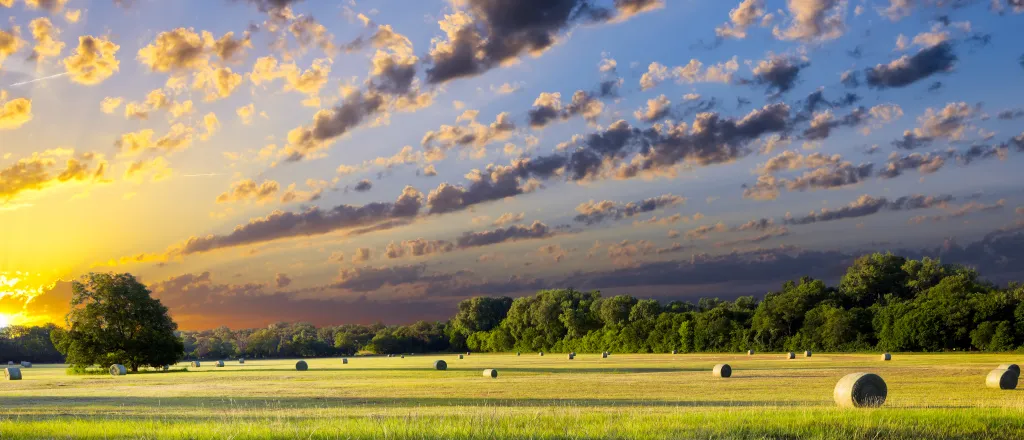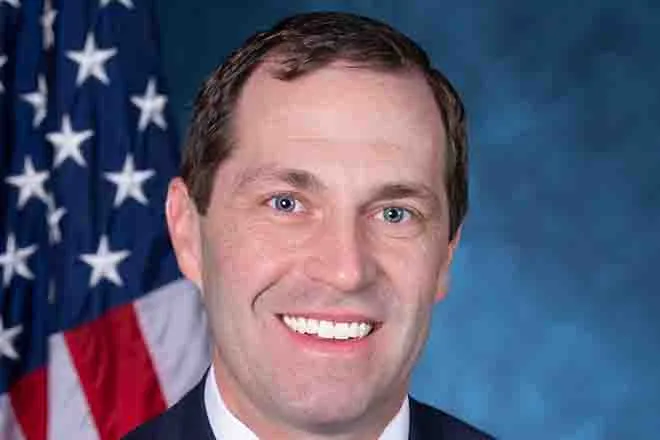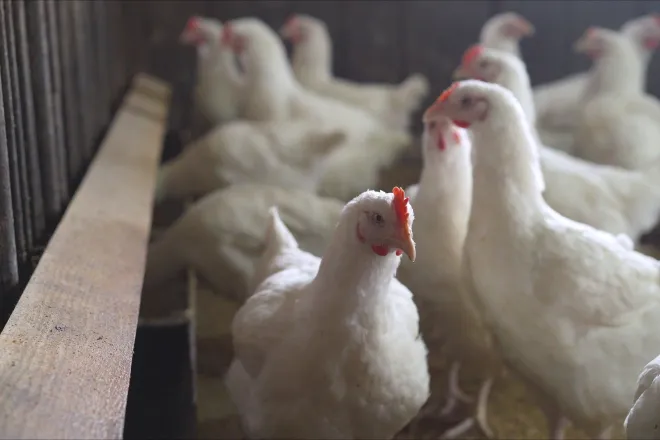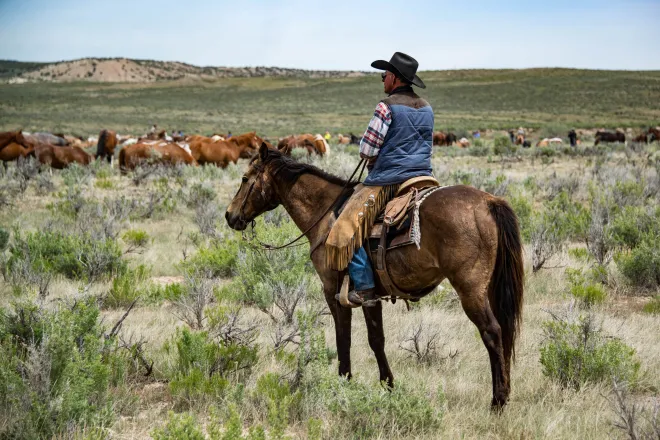
The Yonder Report: News from rural America - August 28, 2025
© Dean_Fikar - iStock-503150251
News from rural America.
A federal anti-poverty program that's helped millions of rural Americans is on the chopping block, Minnesota is trying to save more dairy farms and a North Carolina group endeavors to preserve their indigenous language.
TRANSCRIPT
For the Daily Yonder and Public News Service, this is the news from rural America.
A federal program that eases poverty for millions of rural Americans is on the chopping block.
Ilana Newman reports.
Community services block grants support programs like early childhood education, utility and housing assistance, and more.
But President Donald Trump says the 50-year-old program promotes diversity, equity, and inclusion in renewable energy and wants it gone.
David Bradley with the National Community Foundation helped establish the program in the 1980s.
We've suffered from a misconception about what the agencies do and who we are.
Bradley says the foundation is working across the aisle in Congress to keep the program alive, because each year it could serve as many as 10 million households struggling with poverty.
We can prove we're effective, we're not greedy, and when we present facts or needs or solutions, they're listened to.
I'm Ilana Newman.
Corporate consolidation has slashed the number of independent dairy producers in Minnesota, but state attorney general Keith Ellison wants to use the law to slow mergers and prevent mega dairies from backing smaller farms into a corner.
Dairy farmers that are small are innovative.
They're efficient, but they just sort of have the deck stacked against them.
Industry giants say mergers help farmers reach global markets amid weaker domestic demand.
But Matthew Sheets with the Land Stewardship Project says even when huge operations might keep the cost of milk low today, those prices aren't guaranteed.
This is also about stability of supply chains.
So when one operation goes down, it is not causing these massive swings in prices for everybody.
In 1970, the U.S. had more than 600,000 dairy farms.
By 2022, 25,000 remained.
Languages help preserve a culture.
And many indigenous languages are threatened with extinction.
But in western North Carolina, a handful of adults and children gather weekly to learn Henan you an indigenous language from the Mezcatl Valley of central Mexico.
The Daily Yonder's on your slipping in says it's one of more than 500 languages spoken in the US, many at risk.
Linguists consider the United States to be a language graveyard because of how quickly immigrants native languages get replaced by English.
The organization Manya Kihu is fighting against that trend.
The diversity of U.S. languages became political this year when President Donald Trump signed an executive order for the first time declaring English the nation's official language.
Sloppy and says to many, it's a reminder of how colonization continues to threaten indigenous identity and sovereignty.
But reengaging with native languages is a way of pushing back.
For a lot of them growing up, speaking Nanyu was a sign that they are different and was a source of shame.
Now they're turning it into a source of pride.
For the Daily Yonder and Public News Service, I'm Roz Brown.
For more rural stories, visit dailyyonder.com.

















